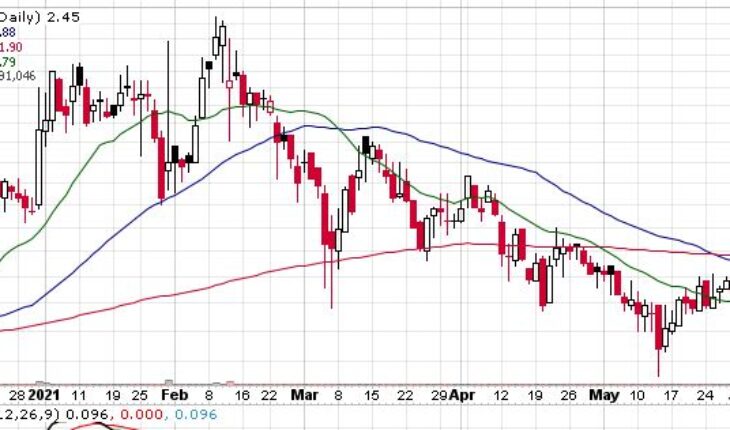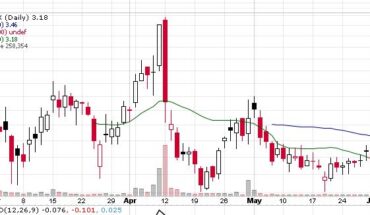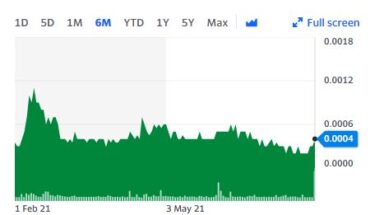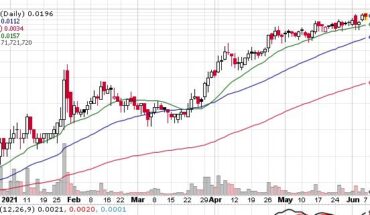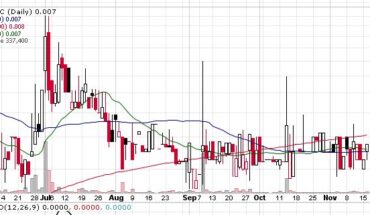Aethlon Medical, Inc. (NASDAQ:AEMD) stock is gaining momentum and trading sharply higher in early session on Thursday.
Market Action
As of 10.48, AEMD stock has gained 22 cents or 2.56% to $2.57 with more than 485K shares traded hands, above its average volume of 357K shares. The stock has moved within a range of $2.2000 – 2.5800 after opening the trade at $2.31.
Aethlon Medical Publishes Case Studies of Two Critically Ill COVID-19 Patients Treated with the Hemopurifier®
- announced the publication of a pre-print manuscript highlighting two case studies of critically ill COVID-19 patients treated with the Aethlon Hemopurifier®. Both patients were given access to Hemopurifier® treatment through Emergency Use. The manuscript is titled “Removal of COVID-19 Spike Protein, Whole Virus, Exosomes and Exosomal microRNAs by the Hemopurifier® Lectin-Affinity Cartridge in Critically Ill Patients with COVID-19 Infection” and was published in Research Square.
- The Hemopurifier® is a cartridge that is designed to filter viruses and exosomes from the blood. The manuscript describes the use of the Hemopurifier® for a total of nine sessions in two critically ill COVID-19 patients.
- Each of these two case studies is notable for unique reasons. The first is notable for the improvement in COVID-19 associated coagulopathy (CAC), lung injury, inflammation, and tissue injury despite the absence of demonstrable COVID-19 viremia (having demonstrated strong viremia earlier in the patient’s disease cycle), indicating that the removal of exosomes contributed to the patient’s recovery. This patient received eight Hemopurifier treatments without complications and eventually was weaned from a ventilator and was discharged from the hospital.
- The second patient is notable for the first-ever demonstration of in vivo removal of SARS-CoV-2 virus from the blood stream of an infected patient. The patient completed a six hour Hemopurifier® treatment without complications and subsequently was placed on Continuous Renal Replacement Therapy (CRRT). The patient ultimately expired three hours after being placed on CRRT because of the advanced stage of the disease.
